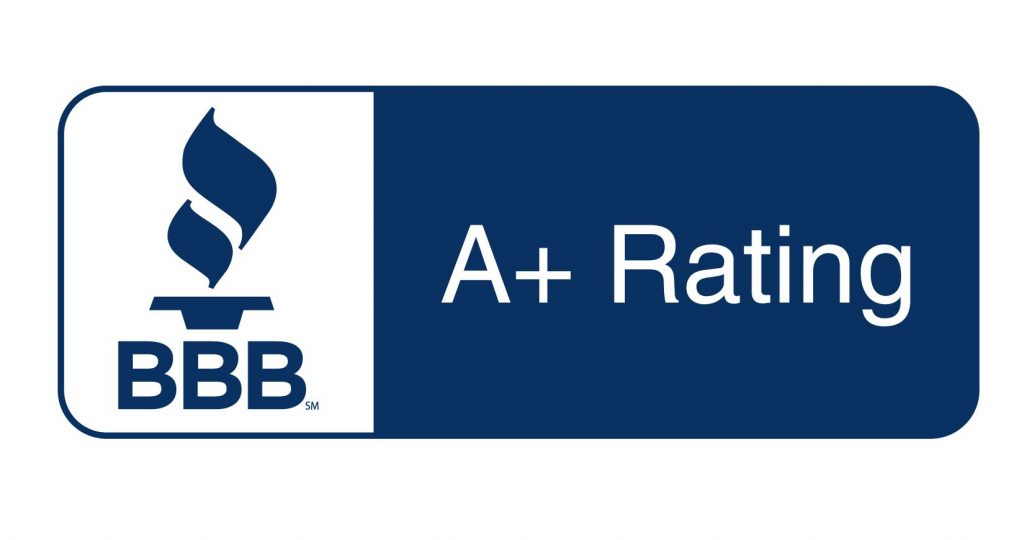
What Are Annuities?
Annuities are a financial product that offers a guaranteed stream of income, which usually makes this an option for retirees that may live longer than expected. When getting an annuity, it needs to be funded through a lump-sum payment or installments. During its creation and funding, the annuity is in an accumulation phase until it reaches annuitization—meaning the funds can begin their return to the investor through a fixed period or the rest of the person’s life.
What Are the Types and Options?
Various financial firms could offer various annuity options and types, which include fixed, variable, immediate, and/or deferred. So, there are different ways to structure and invest your funds using these methods. Depending on the structure, there could be different factors and costs involved.
If you’re interested in an annuity, you’ll want to compare the various kinds of annuities, risks, and funding/payout options that are available. Once you choose an annuity, you’ll apply through an insurance company or an independent agency like us.
Risks
There could be potential risks associated with annuities, which you should be aware of before making a decision. Most commonly, annuities are not Federal Deposit Insurance Corporation (FDIC) insured—meaning their value is dependent on the insurer’s financial strength and claims-paying ability. Some states have guarantee funds that could help protect your investment. However, the rules may vary by state.
To determine how risky a particular annuity could be, you can review the firm’s financial strength rating given by AM Best, Fitch, Moody’s, and Standard & Poor’s. Other risks relate to the illiquidity of this type of asset. Annuities generally involve depositing money and locking them away (i.e. the surrender period) for the selected timeframe until the annuity reaches annuitization. During the surrender period, a person cannot withdraw any funds from the annuity before annuitization without penalty, which can equal 10% or more.
Funding and Receiving
The concept of annuity involves funding and then subsequently receiving a set of predetermined payments for a given period. The firms that make these arrangements guarantee that they’ll be able to get these funds and subsequently provide the agreed-upon payments. For example, an annuity could involve a firm agreeing to issue payments equaling $5,000 for 60 years if an investor pays amounts equaling $200,000.
This means that investors can have peace of mind knowing that they provide a predetermined amount for a given amount of time—assuming the insurer can provide the money when the time comes. Investors may be able to get an extra guarantee by purchasing an “income rider” at an additional cost, which is a separate feature that ensures that participants will get a minimum amount.



